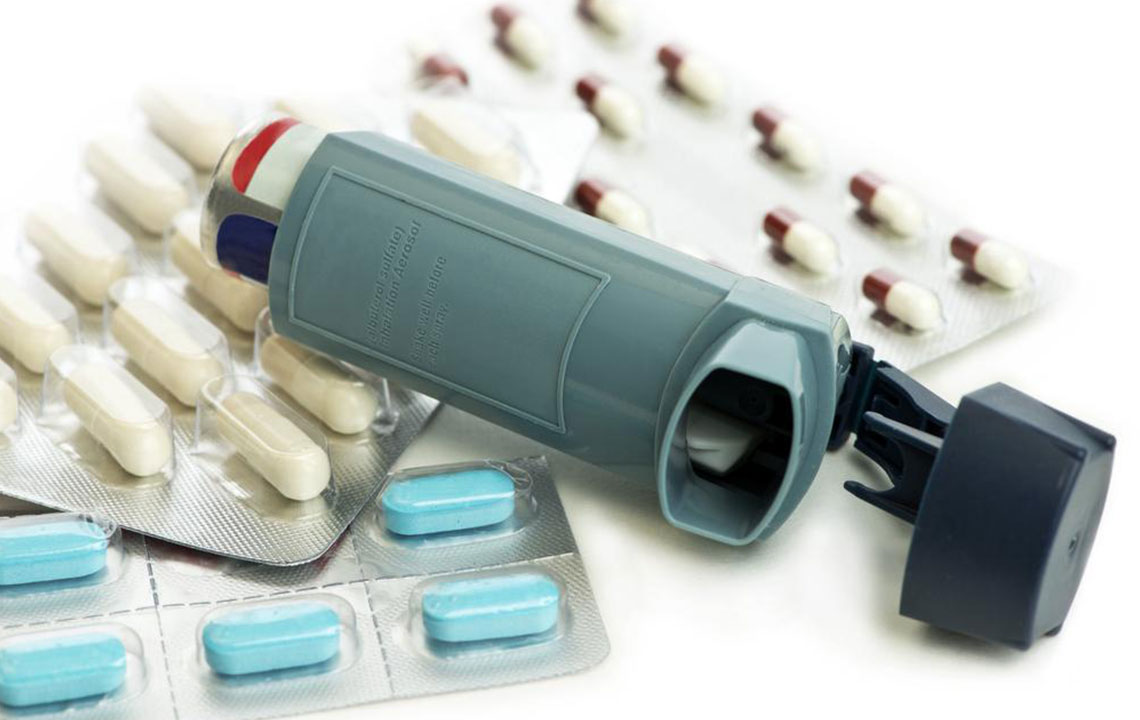Comprehensive Guide to Effective Asthma Medications
This comprehensive guide explains asthma medications, including anti-inflammatory drugs, bronchodilators, inhalers, nebulizers, and long-term control medicines. It emphasizes the importance of proper diagnosis, treatment adherence, and consultation with healthcare providers for effective asthma management. The article offers insights into quick-relief options and allergy immunotherapy, arming patients with knowledge to live symptom-free. Recognizing medication types and usage helps prevent severe attacks, ensuring better quality of life for asthma sufferers.

Comprehensive Guide to Effective Asthma Medications
Understanding the array of asthma treatments is essential for managing the condition effectively. Both immediate and long-term therapies are available to help patients breathe easier. Being informed about these options enables patients and caregivers to communicate confidently with healthcare providers and recognize worsened symptoms early, prompting timely medical intervention.
Anti-inflammatory and Steroid Medications: Asthma treatments are primarily classified into steroids and other anti-inflammatory drugs. Inhalers containing these medications are crucial for reducing airway swelling and mucus buildup, providing relief and controlling symptoms.
Bronchodilators: These relax airway muscles, allowing easier airflow. Quick-relief inhalers, often called rescue inhalers, are vital for sudden symptoms like coughing, chest tightness, and shortness of breath. For exercise-induced asthma, these inhalers efficiently alleviate symptoms. Frequent use beyond twice a week indicates uncontrolled asthma. Long-acting bronchodilators, combined with inhaled steroids, provide ongoing management but are not used alone.
Inhalers for Asthma: The most common method for delivering asthma medication directly into the lungs, with some inhalers containing single drugs and others combining multiple medications.
When patients face difficulty with inhalers, nebulizers offer an alternative by turning medication into a mist for easier inhalation, suitable especially for children and seniors.
Asthma requires careful diagnosis and tailored treatment. Appropriate medications help sufferers lead normal lives and prevent severe attacks.
Long-term Management Drugs: These drugs focus on controlling airway inflammation. Formulations often combine inhalable corticosteroids with long-acting beta-agonists or anticholinergics like Tiotropium bromide, suitable even for children over six. Additional options include leukotriene modifiers, mast cell stabilizers, and theophylline. Immunomodulators like Reslizumab and Mepolizumab, administered via injections, target eosinophil levels in severe or allergic asthma cases.
Fast-acting Relief Medications: These are used to quickly relieve symptoms such as wheezing and chest tightness. They include short-acting beta-agonists, anticholinergics, and systemic steroids.
Over-the-Counter (OTC) Asthma Drugs: OTC medications are not recommended for asthma management without medical supervision. Proper diagnosis and prescription are essential, especially for individuals with other health conditions like hypertension or diabetes.
Allergy Shots for Asthma: Allergy immunotherapy can reduce asthma attacks by controlling allergic reactions. These injections are available for children, adolescents, and adults, but asthma management often still requires medication.
Recognizing and understanding asthma medications are vital for effective control. Always follow prescribed doses, store medicines properly, and consult your physician regularly. Adjust treatment plans based on symptom changes, and only use medications recommended by your healthcare provider.










